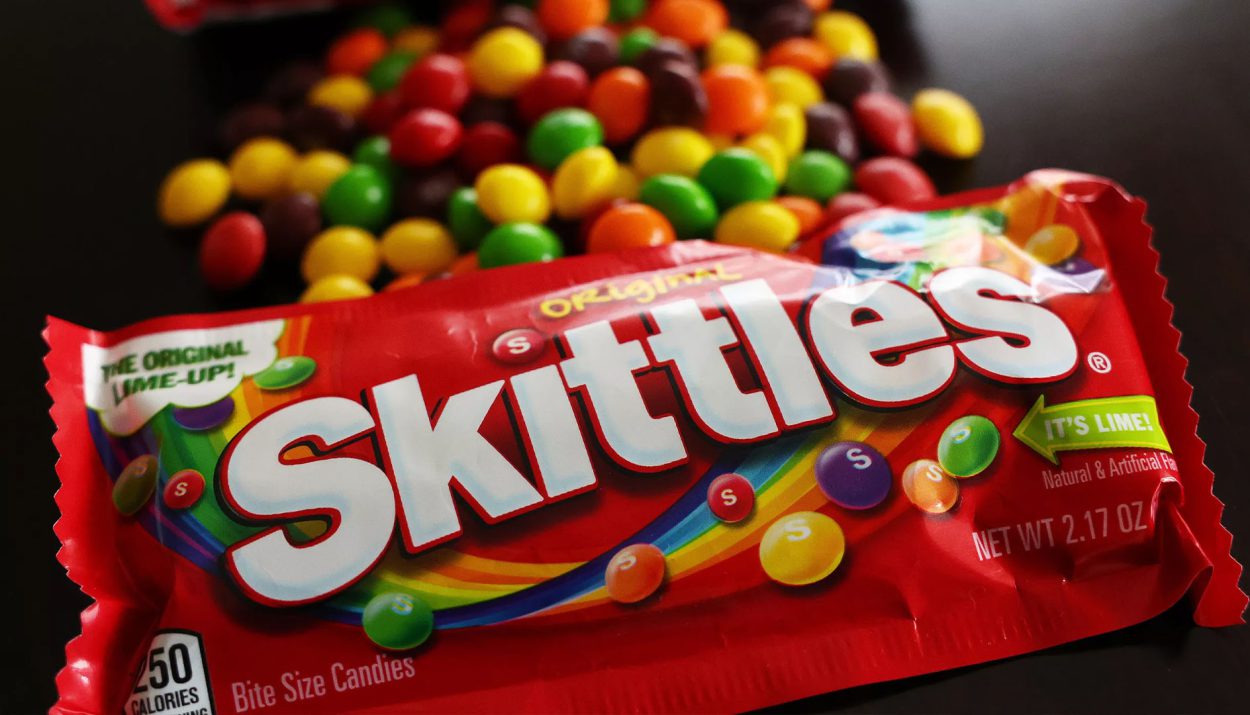A couple of U.S. States are pushing for a bill that could see ‘thousands’ of America’s favorite candies, snacks, and fizzy drinks get banned in their current form. California ratified a historic ‘Skittles ban’ last October that banned four food additives that have been related to cancer and fertility problems.
New York, Pennsylvania, and Illinois have joined the train, with a total of 13 additives already banned in some European countries over reported health issues.
Ban Will Force Companies Into Change
New Jersey and Missouri are also contemplating similar bans. If the bans get stamped, companies will be faced with the decision of either modifying their recipes or facing legal charges.
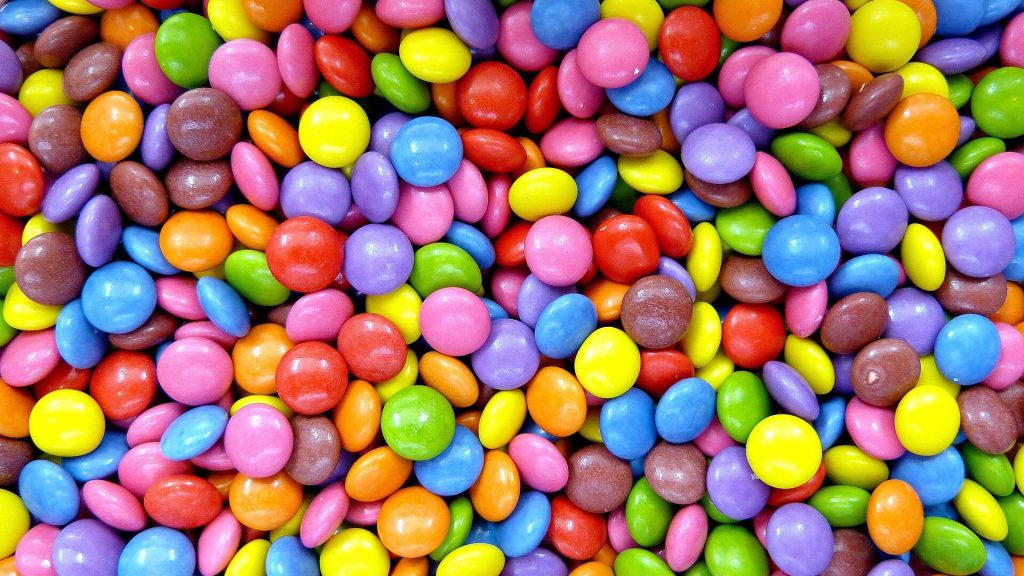
Experts believe that this move could change the appearance, text, and texture— amongst other things–of some of Americans’ favorite food products.
No Consumer Confusion On This Issue
Brian Ronholm, director of food safety at Consumer Reports, a campaign group that has been at the front of the push for the bans, said: ‘There is no consumer confusion on this issue — they want these chemicals out of foods.

‘But when [consumers] see that the FDA has not been able to keep up with the latest research… they recognize that the states are the only ones trying to protect them from toxic food chemicals right now.’
Thousands Of Food Product To Be Affected
He warned that the ban will affect thousands of food products including breakfast cereals, sweet treats, and beverages.

California’s landmark ‘Skittles Ban’ which is set to come into operation by January 2027, places a ban on four common food additives— brominated vegetable oil, potassium bromate, propylparaben, and Red 3.
California’s Ban Causes Ripple Effect With Similar Bills In Motion In Other States
In Europe, these additives have already been outlawed for years because of their connections to kidney, thyroid, and gastrointestinal cancer and mood disorders.
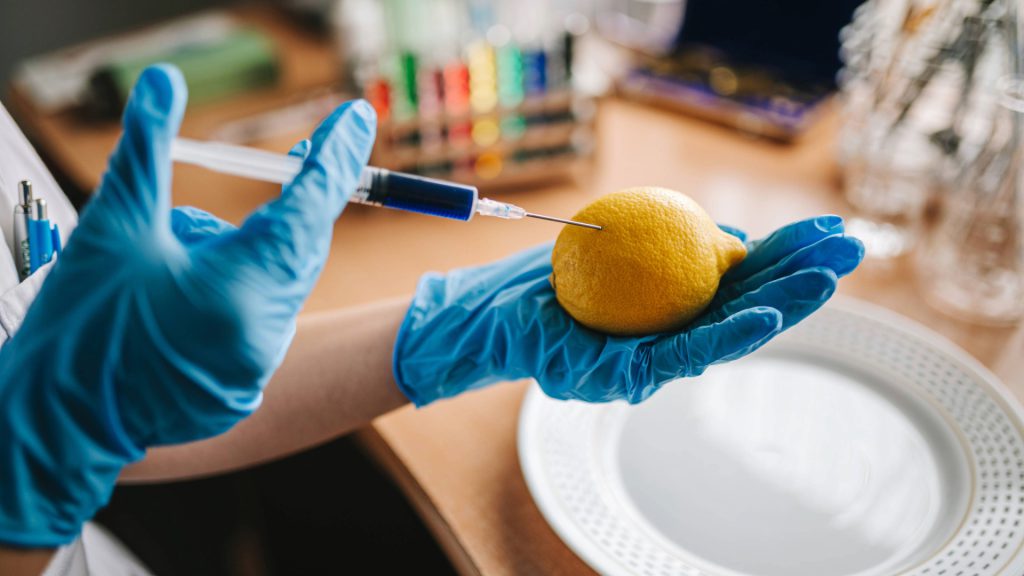
California’s ban caused a ripple effect that led to a series of similar bills introduced in New York, Illinois, New Jersey, Missouri, and Pennsylvania. But some states appear poised to take it even further than the Golden State did.
Similar Bills In New York And Pennsylvania
New York’s bill if passed would lead to a ban on azodicarbinamide— an additive used in breads and other baked foods—and butylated hydroxyanisole, a preservative used in processed meats.

Lawmakers in Pennsylvania are pushing for multiple food colorings to be outlawed because of their links to hyperactivity in children. The colorings in question are Red 40, Yellow 5, Yellow 6, Blue 1, and Blue 2.
Pennsylvania’s Ban Most Far-Reaching
Pennsylvania’s ban is the most significant because it targets five food coloring agents commonly used to make candies and processed foods colorful or to change the hues of processed foods to make them more attractive.

Various studies, like one in 2021 by the California Environmental Protection Agency, have indicated that artificial dyes might lead to issues like lack of focus, hyperactivity, and restlessness.
Dye’s Interference With Dopamine Responsible For Its Toxic Effect
The scientists believe that the reason for this strange effect may be the dye’s interference with dopamine in the brain, according to some studies. Dopamine is a neurotransmitter involved in the regulation of mood and behavior.

‘They are linked to restlessness,’ Ronholm said, ‘so that’s pretty much the crux of the effort to try to get these synthetic dyes out of foods in children…. These additives are introduced to children at an age where they are still developing, and when you introduce them at a young age… it really just increases their risk over time.’
Claims Of Dye’s Effect On Brain Debunked
However, Chris Gindlesperger, from the National Confectioners Association disputed this claim, stating there was no substantial evidence that links the color additives to either hyperactivity or cancers.

‘The bans on color additives because of the adverse impacts on children often reference a 2021 study done in California….But this has blatant shortcomings. Other bodies have consistently countered that study and concluded there is no causal relationship between food color additives and behavior in children,’ he said.
Studies Raise Suspicion Regardless With Three Dyes Liable To Contamination
A few studies in animals have however raised suspicions of a relationship between the additives and some cancers, including cancer of the kidney and blood.
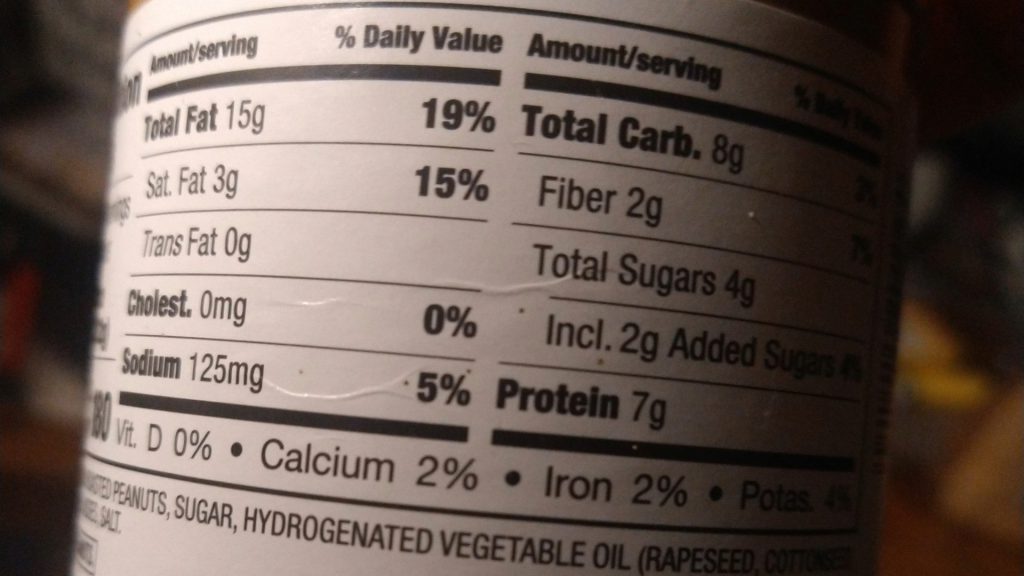
There’s the possibility of three of the dyes — Red 40, Yellow 5, and Yellow 6 — getting contaminated with benzene, a known carcinogen.
California Bill To Ban All Dyes In Schools
Mr Ronholm added: ‘When you combine the fact that they are linked to certain types of cancers but then linked to behavioral difficulties, it really highlights the point that these are things that don’t belong in food because of the increased risk that it presents. That is the crux of the bill.’
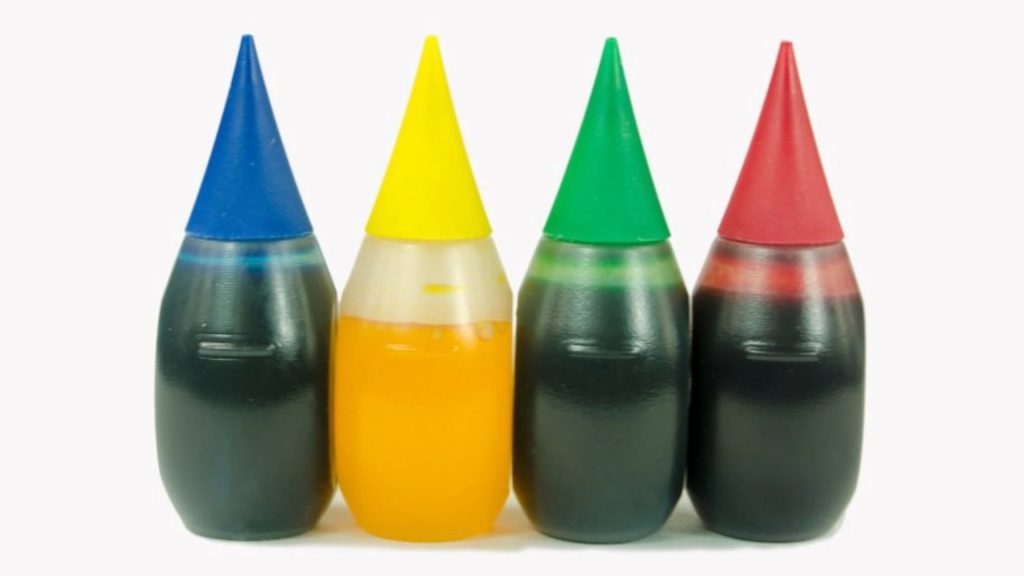
Another bill has been introduced in California that will ban all of the dyes— and Green 3 — from its schools. Studies have also correlated Green 3 to hyperactivity in children.
FDA Weighs Ban On Brominated Vegetable Oil Amid Neurological Concerns
While states are fronting the move, the FDA is now contemplating a ban on brominated vegetable oil over links to neurological damage. Currently, it is used in products including Sun Drop soda and DG Genuine Jamaican Ginger Beer.
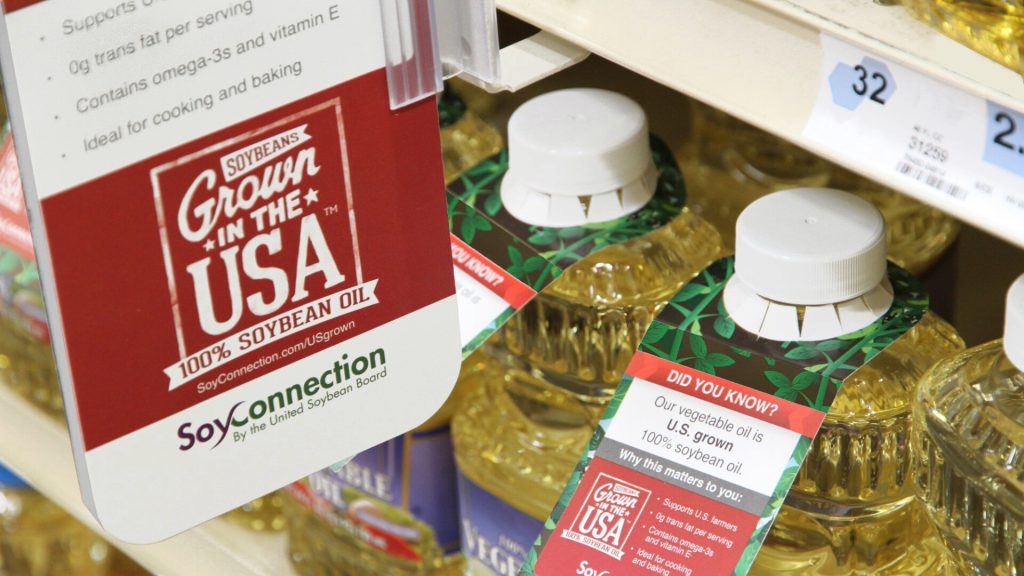
Campaigners say there’s every chance that the bans in other states will pass — pointing to the ‘bipartisan’ efforts in Pennsylvania.
Change Shouldn’t Be Too Difficult To Make
They also say that making changes to their recipes shouldn’t be too difficult for companies, referencing the fact that many companies in Europe have already had to make changes so they can get their products into the market.

But those against the change say that this is not a ‘tidal wave’ of change. They add that five states — Indiana, Maryland, South Dakota, Washington, and West Virginia — have had tries to bring in bans on the additives quelled.
State Bills: Road To Reform And 2027 Deadline
Additionally, the bills are currently only being reviewed in committees within their respective state Houses. They must undergo voting processes in both the House and Senate, followed by approval from the Governor, before becoming law.

If approved, they are not scheduled to take effect until January 2027. This delay allows manufacturers time to update their recipes or risk being banned from the state.

